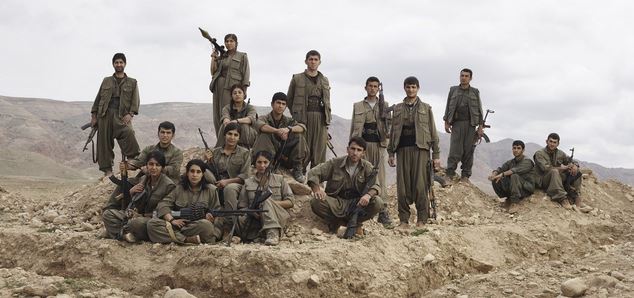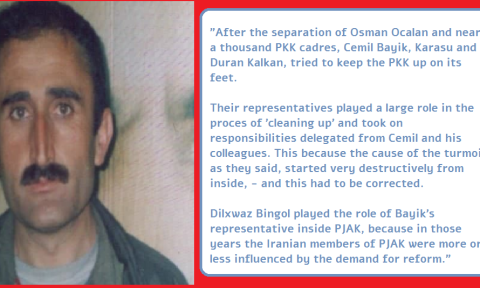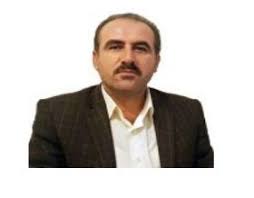Although many international groups known as terrorist groups today, whether opposition groups or human and drug trafficking cartels, have changed their approach to child use, groups such as the PKK and PJAK are still using children. They choose them as war soldiers and their first victims for recruitment.
However, various international conventions prohibit the use of children and adolescents on the battlefield.
Of course, the continued use of children in the war by the PKK is one of the reasons for the apparent failure of the group’s policies in both the Kurdish and international public opinion.
The PKK’s failure to persuade Kurdish public opinion has made them more determined to continue their abduction policy and use them as child soldiers.
The draft UN Convention on the Rights of the Child refers to a “child soldier” as someone who is under the age of 18 and is a member of the military or paramilitary forces.
This definition does not only include those who take up arms or defuse mines, but also those such as cooking, carrying, messaging, espionage, and sexual abuse.
Most of these children are exploited through coercion and threats, but also by using their drug addiction or weak social-economic position to lure them to the Iraqi-Kurdish mountains.
Because children are so easily influenced, they are also easily trapped by the PKK. For example, they are kidnapped or deceived on the way to school by recruiters, are lured through social media channels, or they persuade poor children to join the group by statements such as ‘we will provide for your family’, promises of immigration possibilities and education.
The PKK, on the other hand, can easily achieve its goals by sacrificing children, because children have less perception of disaster on the battlefield than adults, in other words, they are easily persuaded to do as told.
Sometimes they do dangerous things that adults are not willing to do. They spy, or carry explosives easily.
One of these children is “Elias Hakimi” who was abducted by PJAK elements on the way to school.
The full text of the conversation with Elias Hakimi’s father is as follows:
“Neither our family nor Elias himself had any interest in the nature of the PKK or PJAK. My son was only 13 years old when he was abducted by PJAK.”
“When we found out, we followed him, but when we went to PJAK headquarters in Qandil, they said that our son was studying, and then we would let you meet him after he finished several training, but I did not want my son to be among them at all, let alone teach him too!”
“All our efforts were in vain. After that, we went to their headquarters five or six more times, and even when they did not give us the right answer by going to Qandil, we decided to go to Turkey and go through the offices of the HDP, which is the Kurdish political party there. It is up to the PKK to release our child, but unfortunately we did not reach any conclusion there either.”
“We have been waiting for our child for almost ten years now and we have a serious question why the PKK and PJAK are not answering us ?! Why is the pain of our family, and no other family, the least important to them ?!”










